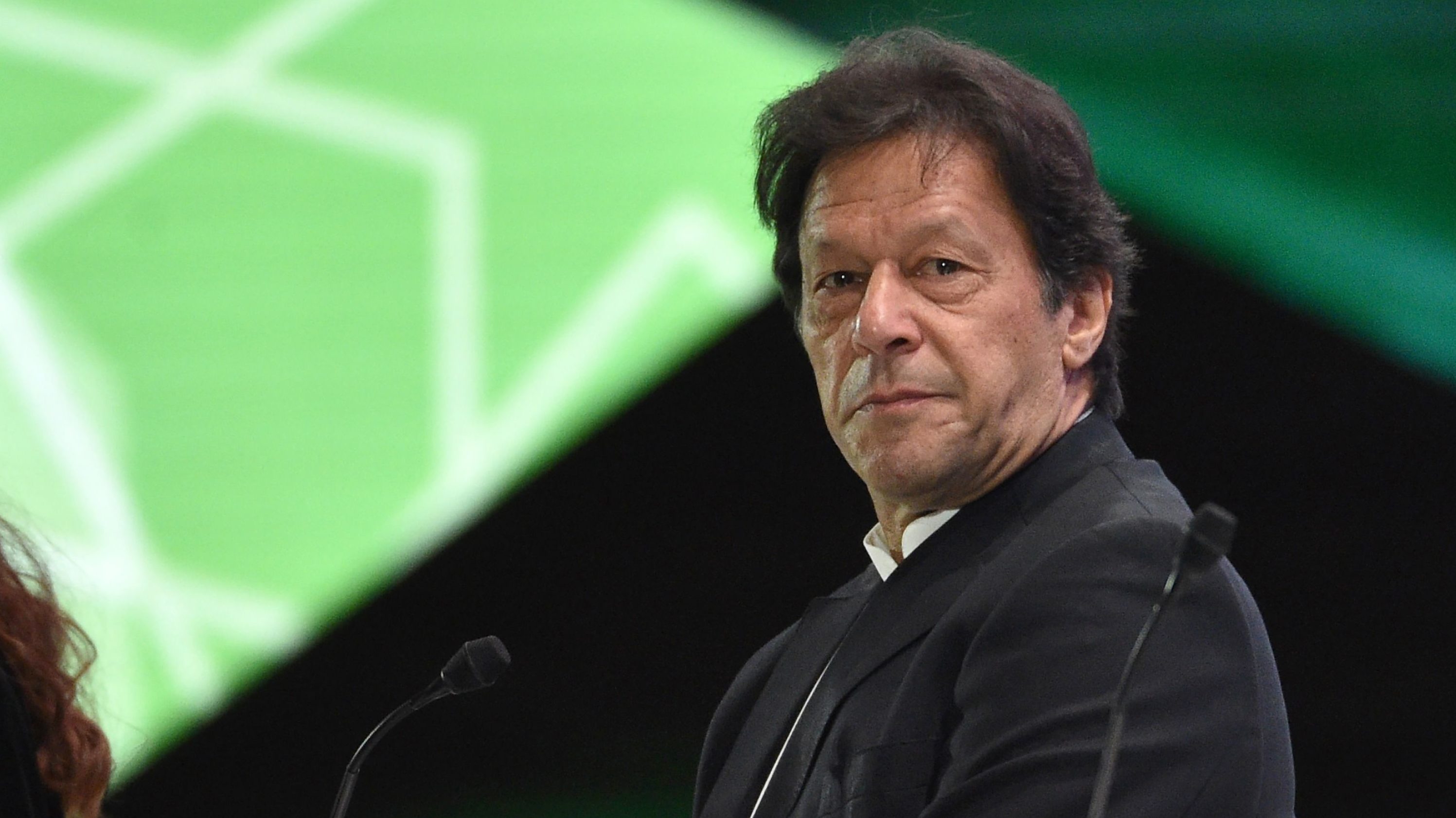Pakistani Supreme Court Grants Bail to Former PM Imran Khan in May 9, 2023 Riots Cases
Pakistan’s Supreme Court on Thursday granted bail to former Prime Minister Imran Khan in eight cases linked to the May 9, 2023, anti-government riots.
A three-member bench of the Supreme Court, led by Chief Justice Yahya Afridi, granted the bail.
Imran Khan’s lawyer, Salman Safdar, told the court that “indictments have not been filed in any of the eight cases, nor have the charge sheets been submitted yet.”
At this, Chief Justice Afridi remarked, “That is sufficient. We are granting bail.”
The cases stem from the violent incidents that broke out across several cities on May 9, 2023, following Khan’s arrest in Islamabad.
On June 24, the Lahore High Court dismissed Imran Khan’s bail petitions in eight cases related to the May 9 incidents, declaring them inadmissible. He subsequently took the matter to the Supreme Court.
The majority of the cases were registered over vandalism in various military cantonments across Pakistan, while trials of 102 accused in military courts have already concluded with verdicts announced.
Give the gift of hope
We practice what we preach:
accurate, fearless journalism. But we can't do it alone.
- On the ground in Gaza, Syria, Israel, Egypt, Pakistan, and more
- Our program trained more than 100 journalists
- Calling out fake news and reporting real facts
- On the ground in Gaza, Syria, Israel, Egypt, Pakistan, and more
- Our program trained more than 100 journalists
- Calling out fake news and reporting real facts
Join us.
Support The Media Line. Save democracy.


In the aftermath of the violent May riots, hundreds of cases were registered against PTI leaders and workers, including the party’s top leadership.
In recent weeks, special anti-terrorism courts in various cities have handed down sentences to several Pakistan Tehreek-e-Insaf lawmakers and dozens of party officials over their involvement in the May 9, 2023, incidents.
Those convicted also included the opposition leaders in both the National Assembly and the Senate, whose disqualification by the election commission further deepened the political crisis and weakened the parliamentary strength of Khan’s party.
Among those convicted is former provincial health minister and close aide of Imran Khan, 76-year-old Dr. Yasmin Rashid, who is battling cancer.
Imran Khan has consistently distanced himself from the violence, arguing that the charges are politically driven and intended to sideline him from the political arena.
He has maintained that he was not in custody when the unrest erupted and had issued no directives for his supporters to protest.
Meanwhile, the PTI leadership has similarly denied orchestrating the violence, dismissing the terrorism-related allegations as unfounded and part of a broader campaign to weaken the party.
According to Khan’s legal team, Khan now needs bail in only one remaining case before he can walk free, after spending more than two years behind bars — a prolonged incarceration that has become central to his narrative of political victimization.
The Supreme Court’s latest ruling is likely to ease, at least temporarily, the mounting legal pressures on Khan, whose political future has been clouded by a string of prosecutions.
It also comes weeks after several senior leaders of his party were convicted and disqualified from office on similar charges, underscoring the deepening political and judicial battles shaping Pakistan’s turbulent landscape.
However, following the Supreme Court’s ruling, Lt. Gen. Ahmed Sharif, director general of the Pakistan Army’s media wing, Inter-Services Public Relations, said in a statement: “The events of May 9 are not just a case of the army but of the entire nation. From the very first day, the army’s stance has been clear: Every individual involved will be held accountable.”
It is noteworthy that despite state repression, arrests, and the loss of its electoral symbol, candidates backed by Imran Khan’s Pakistan Tehreek-e-Insaf secured a clear majority in the 2024 national elections.
Yet, through systemic maneuvering, the party was prevented from forming a government. Despite facing a barrage of allegations, Khan continues to be regarded not only as Pakistan’s but also as one of Asia’s most popular political leaders.

